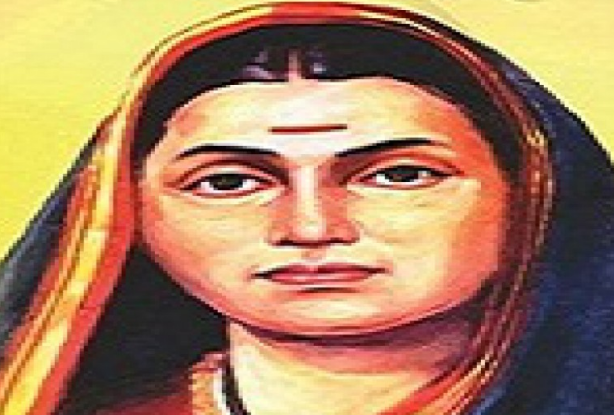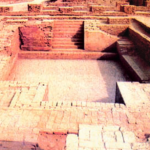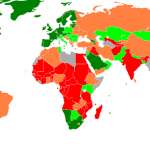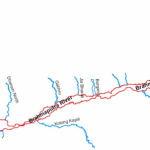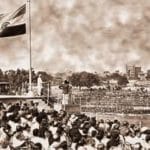- Savitribai Phule was a poet and a social reformer who contributed significantly in promoting women’s education and the improvement of women’s rights during British rule.
- She is often described as, “one of the first-generation modern Indian feminists”.
Early Life
- Savitribai Phule was born on January 3, 1831 in Naigaon, Maharashtra.
- She belonged to a Dalit agricultural family.
- At a tender age of nine, she was married to a 12-year old Jyotirao.
- Jyotirao Phule was a noted social reformer, thinker, writer and an Indian activist.
- The couple did not have a child of their own. However, they adopted Yashvantrao, the son of a widowed Brahmin.
- Jyotirao taught her to read and write and provided her training to be a teacher.
Some of her important works included:
- Education: She, along with her husband, founded the first women’s school at Bhide Wada, Pune in the year 1848. A total of 18 women schools were founded by the couple.
- She was the first women teacher of the first women’s school.
- The couple worked hard to spread education and knowledge. They opened the first native library for low caste students.
- Against Child Marriage: Due to high rates of both, child marriages and mortality, the practice of child widows being forced to shave their heads was prevalent during the 19th century. She decided to protest against this practice and organised a strike against the barbers.
- In 1853, she opened a care centre called, “Bal Hatya Pratibandhak Griha” (Infanticide Prohibition House) for pregnant rape victims to help deliver their babies. This was done to prevent them from being forced to abort the child or commit suicide due to the fear of society.
- Against Casteism: She constructed a well in her house to provide drinking water to those who were deprived of it by the so-called upper castes.
- She also worked for abolishing discrimination of people on caste and gender basis, Sati system, child marriage. She promoted widow remarriage.
- They established the Satyashodhak Samaj on 24th September 1873. After Jyoti Rao’s death, Savitri Bai took over the charge. The institution arranged marriages with least expenses, no dowry and without the presence of Brahmin priests.
- The first such wedding took place on 25th December 1873.
- They arranged an inter-caste marriage for their son Yashwantrao. This was the first inter-caste marriage of modern India.
Later Life
- After the death of Jyoti Rao Phule in 1890, she decided to complete the unfinished agenda of her late husband.
- She died in the year 1897 by contracting Plague while taking care of affected patients in her son’s clinic.
Tribute to Savitribai
- University of Pune was recently renamed after her as “Savitribai Phule Pune University”.
- Two books of her poems were published posthumously, Kavya Phule (1934) and Bavan Kashi Subodh Ratnakar (1982).
- An award to recognise women social reformers has been named after her by the Government of Maharashtra.
- In 1998, a stamp was also released by India Post to honour her.

